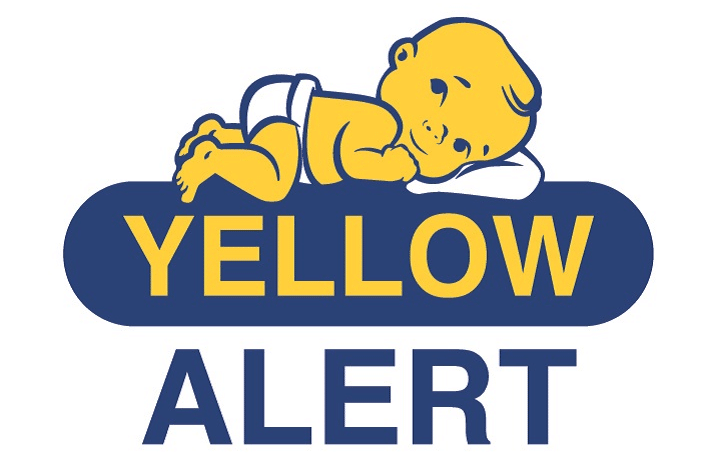21st April 2020
Children’s Liver Disease Foundation (CLDF) have been made aware of the dramatic drop in referrals for investigations into biliary atresia since the outbreak. Around 40 to 50 babies are diagnosed with biliary atresia each year within the UK. In all 3 specialist centres there have been no cases found in the last four weeks and very little investigation activity.
The early signs of biliary atresia are prolonged jaundice, persistently pale-coloured stools and dark urine – these signs are normally picked up by health visitors and GPs through universal contacts and screening. This delay in early recognition is very concerning as extreme delay in referrals means that corrective surgery (Kasai procedure) will not take place. This will lead to poor prognosis with the only resort being a liver transplant. Newborn baby checks are therefore vital, as most cases of biliary atresia are picked up at around 4-6 weeks.
Specialist paediatric liver centres and Children’s Liver Disease Foundation are available to support health visitors to maintain checks and referrals during this outbreak.
You can access CLDF Yellow Alert campaign resources to help recognise the signs and symptoms of biliary atresia including stool chart bookmarks, parent information booklet and jaundice protocol for professionals. You can download resources here or order on the online form.
If you have any queries, please do not hesitate to contact Harpreet Brrang (Information and Research Hub Manager) at [email protected] or call 0121 212 6029.
Read CLDF’s full article about concerns regarding biliary atresia referrals here.
Also, see iHV Good Practice Points for Health Visitors on Neonatal Jaundice developed with CLDF (available to iHV members only):







